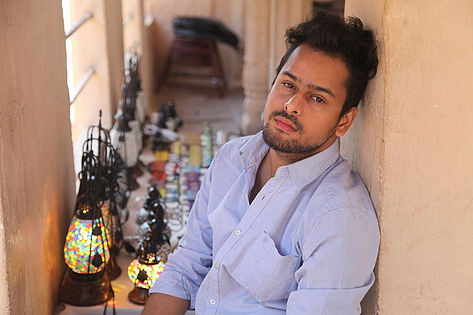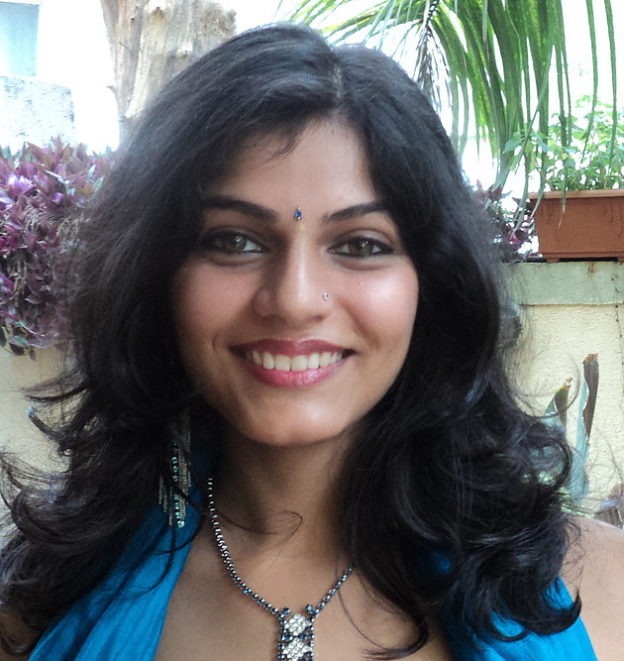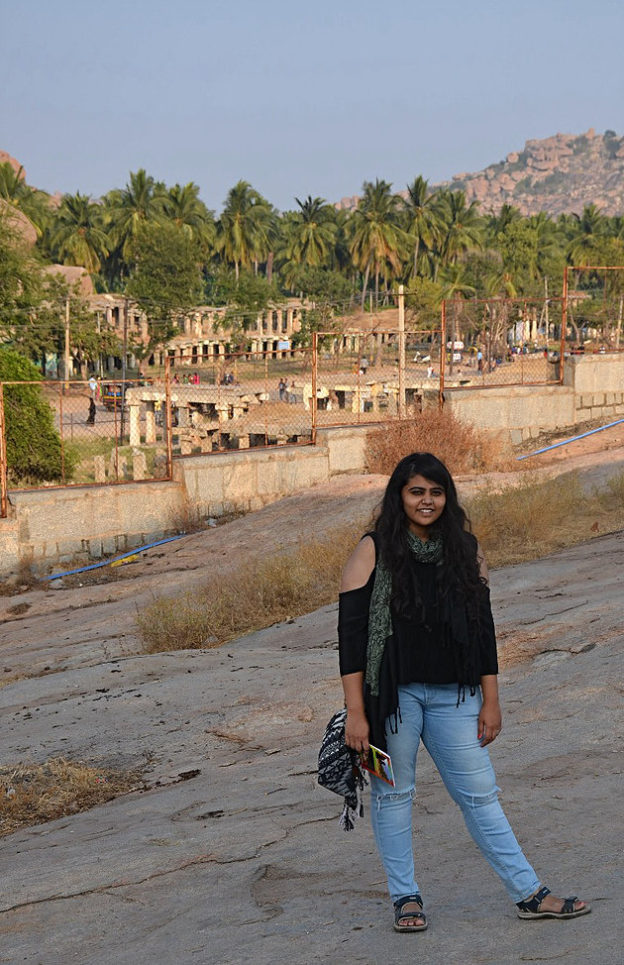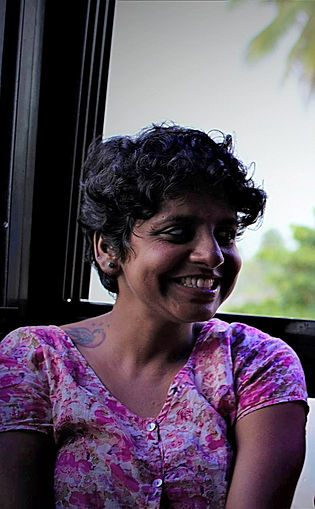The word ‘geri’ actually refers to the ’rounds’ farmers in Punjabi villages used to take around their fields. But in Chandigarh, the ‘Geri Route’ has been for decades become the site of cars and bikes moving in rounds, with the drivers openly harassing women who walk the path.
This ‘route’ spans roads surrounding Sector 8,9,10, and 11 of the city and goes around the area where the colleges are. When I got to know about this route and the ‘culture’ it had spawned, I was horrified. I was disturbed by how sanctioned this kind of harassment and misogyny had become in the name of ‘fun’.
After moving to the city, I participated in the ‘Bekhauf Aazaadi March’ organised in the wake of the Varnika Kundu stalking case. We had marched at night across the Geri Route to let it be known that women have the right to walk on the roads at any time. There was an outpouring of raging emotions at the event.
Following the march, I posted a request using the Google Maps review option for the renaming of the route. ‘Geri Route’ is, in fact, not the official name of the street, it is just local parlance. I also started a petition on Change.org about this request and posted about it on Facebook to add more weight to the campaign. I believe changing the language using which the route is referred to is a big deal. It is a small but significant step in stopping the legitimising of the harassment that has become common and accepted there.
A few months after the review was posted, Google Maps renamed the stretch the ‘Azaadi Route’.
“Azaadi (Freedom) Route – the route where the free spirit of Chandigarh – defined best by the women who fear none and nothing in their assertion of equality – flows. No, not the freedom to do as you please, not the freedom to violate the other or to go unchecked, but the freedom to walk without fear. Bekhauf.”
(https://www.change.org/p/google-maps-change-the-name-of-geri-route-to-azaadi-route)






